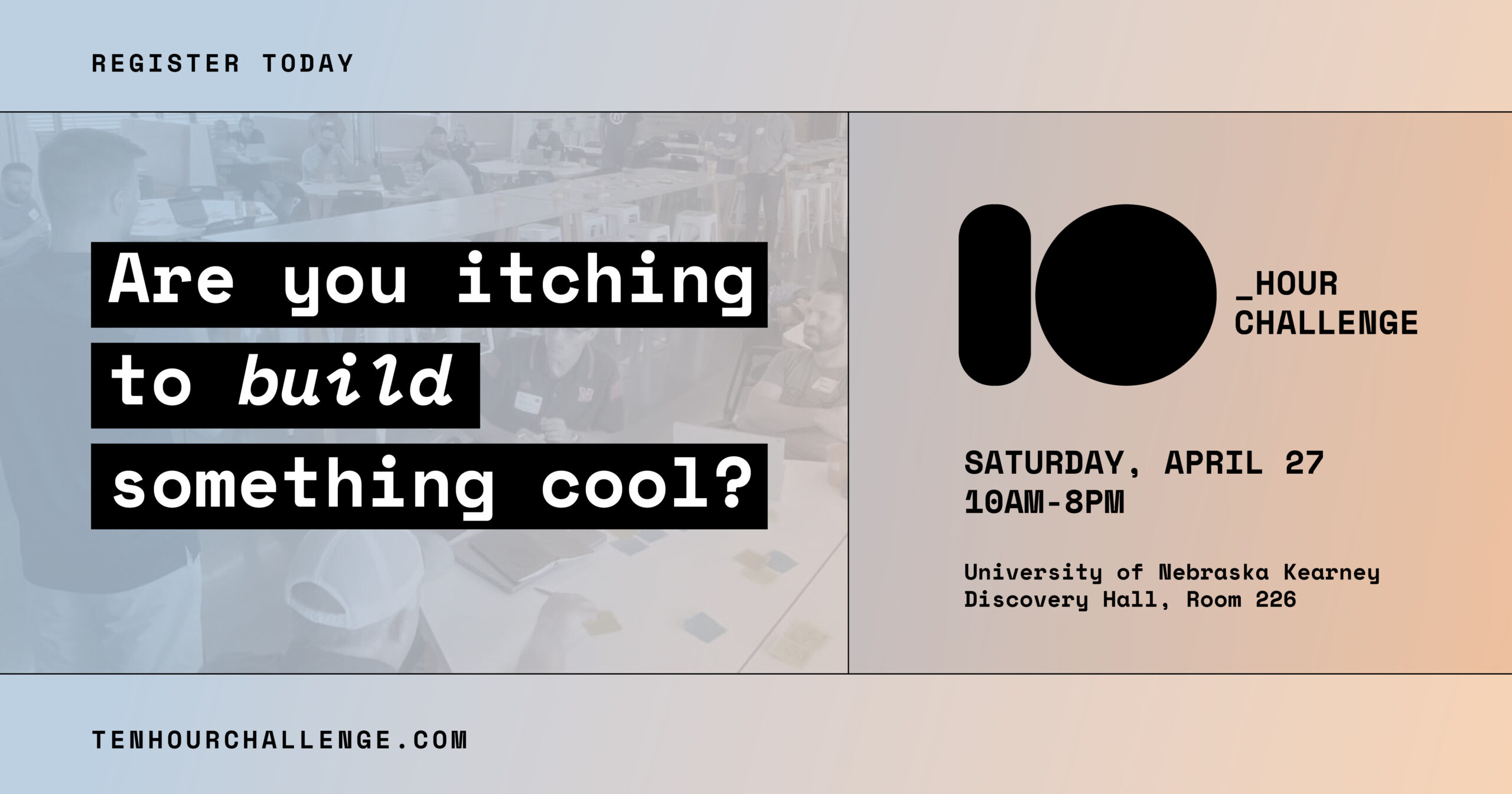 About the author: The following is a guest post by Jimmy Winter (left), founder of VoterTide, a political social media monitoring software. For more on Winter, see the note that follows this post.
About the author: The following is a guest post by Jimmy Winter (left), founder of VoterTide, a political social media monitoring software. For more on Winter, see the note that follows this post.
Well internet, you’ve really done it this time. You didn’t just like a friend’s Facebook post and add a ribbon to your Twitter avatar, but you did some good old fashioned, hi-tech reaching out to your elected representatives.
The effort to stop the advancement of the Stop Online Piracy Act (“SOPA”) and the Protect IP Act (“PIPA”) through the House and Senate graduated from threads on Hacker News, Reddit and TechCrunch to the masses. People emailed, called and tweeted their Congresspersons and Senators to voice their opinions on the proposed bills.
While specific numbers weren’t divulged about the numbers of calls, emails and faxes received, at VoterTide our job is to track interactions on the social web between representatives and the public. We’ve has been collecting and analyzing data for several months and I’d like share some of these stats with you. Let’s start with Twitter.
Across all 26 Senators and Congresspersons with Twitter accounts in Nebraska, Iowa, Missouri and Kansas there was an 18 fold increase over the average number of Tweets mentioning them between January 1 and 17. The daily average in the first half of January was 26 tweets per day and on Wednesday there was an average of 480 tweets per politician.

As far as who received the most tweets, I thought it would have been Rep. Lee Terry of Neb. as the news came out Wednesday morning regarding him pulling his name from the bill. It was actually Sen. Roy Blunt of Mo. who was mentioned in 2,071 tweets.
The table to the left shows the top 10 Silicon Prairie politicians receiving the biggest spike in Twitter activity over their daily average in January.
The numbers are interesting but it was easy to predict there would be a spike in activity online. At VoterTide we think the content of conversations and comments as well as exactly what items people are sharing online is the real value of social media monitoring. Lets take a look at the most used words in these Tweets.
The following list shows the 15 most used words in Tweets to all house and senate members. I removed PIPA and SOPA from the list because obviously they were far and way the most used.
- Oppose
- Please
- Join
- Contacted
- #wikipediablackout
- me!
- Internet
- Vote
- Support
- Stop
- Against
- Thanks
- Free
- Freedom
- Bill
So what does this mean? What this tells me is that the Wikipedia Blackout was the biggest single source of Tweets about SOPA/PIPA. Five of the top six words tweeted yesterday were part of Wikipedia’s
“suggested” Tweet about the bills. In fact 14.5 percent of all tweets regarding SOPA/PIPA that day originated from the Wikipedia protest pages.
This also tells me Twitter users obeyed the suggestion of mother’s everywhere and used the word please.
Please join me in urging Senators @SenatorReid & @ChuckSchumer not to rush #PIPA vote
— dick costolo (@dickc) January 18, 2012
So what else? Retweets my good friend! Any congressman or senator tweeting opposition to SOPA/PIPA was guaranteed a significant volume of retweets. John Boozman had 541 retweets, Scott Brown had 443, Rand Paul had 339 and 323 on two separate tweets and our own Lee Terry had 40 retweets about removing his name from the bill.
Alas, social media is not just Twitter. Lets take a look at some content the Internet was sharing about SOPA/PIPA.
Early protest site Stop American Censorship was shared on Facebook almost one million times. Gizmodo’s article about the protests “breaking” senate websites was shared nearly 12,000 times and news about Rep. Smith pulling the SOPA bill article by Mashable was shared 53,000 times.
Now, it’s time for my favorite stat. Almost every single member of the house and senate saw a significant abnormal spike in the number of new Facebook fans and Twitter followers. This was presumably to post to Facebook fan pages and monitor Twitter statements. Even better, those people are sticking around as very few of them have lost new fans since Wednesday.
Image credits: Photo of Jimmy Winter and chart courtesy of Winter.
About the author: Jimmy Winter is a founder of VoterTide, a political social media monitoring software, and Omaha native.
Winter can be reached by email, jimmy@votertide.com, or found on Twitter, @jimmywinter.



